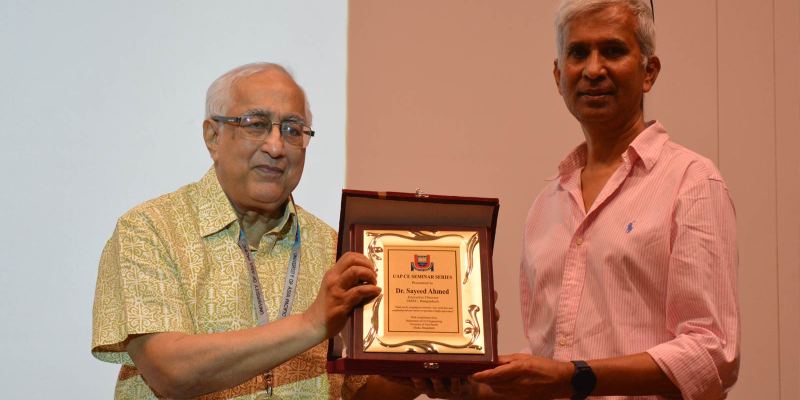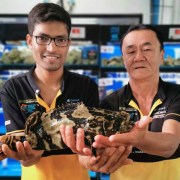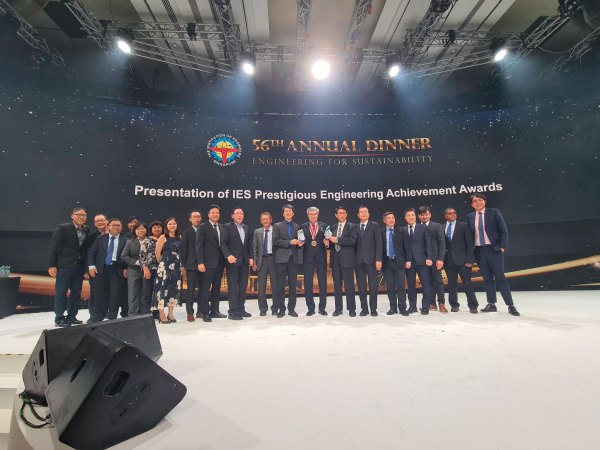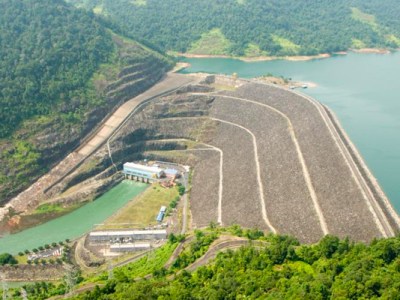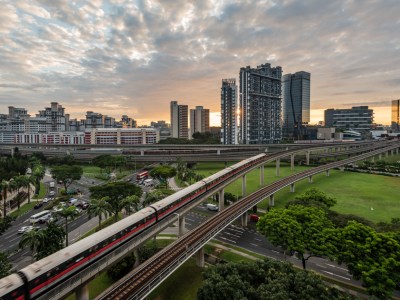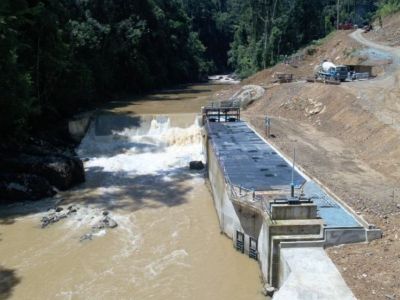Dr. Jamilur Reza Choudhury, a National Professor in Bangladesh and the most distinguished Engineer in the country, presenting a crest to Dr Sayeed Ahmed, Executive Director-SMEC in Bangladesh. Dr. Ahmed has been selected as a member of the Industrial Advisory Panel of University of Asia Pacific, where Prof. Choudhury is the Vice Chancellor.
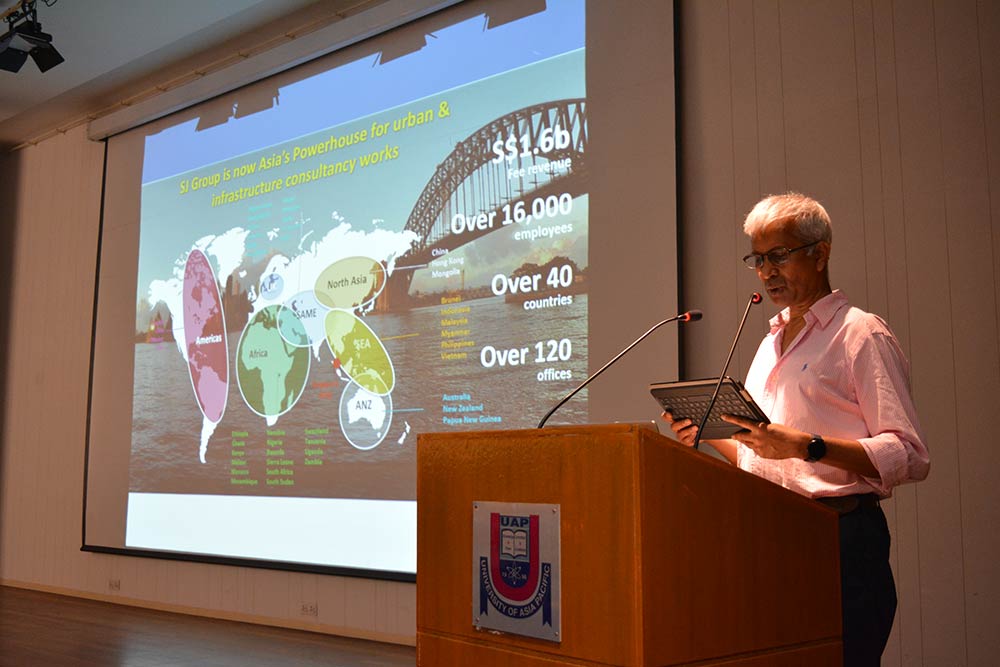
Dr. Ahmed is addressing the students and other guests at the programme.
Surbana Jurong and SMEC are proud to announce that Dr. Sayeed Ahmed, Executive Director-SMEC in Bangladesh, has been appointed as a member of the Industrial Advisory Panel of the Department of Civil Engineering, University of Asia Pacific (UAP), Bangladesh.
He said he is proud to be a member of Team Bangladesh. “This is like my family and I feel totally at home with them,” he said. “We work as a team and strive for collective success. I have great hope in our young engineers, they are the future of our operations.”
Dr. Ahmed has been a key member of SMEC’s operations for the last 19 years. His role was pivotal in reaching the heights SMEC has achieved today in Bangladesh. He also played a crucial role in developing SMEC’s business in Afghanistan and Pakistan.
Building in Afghanistan
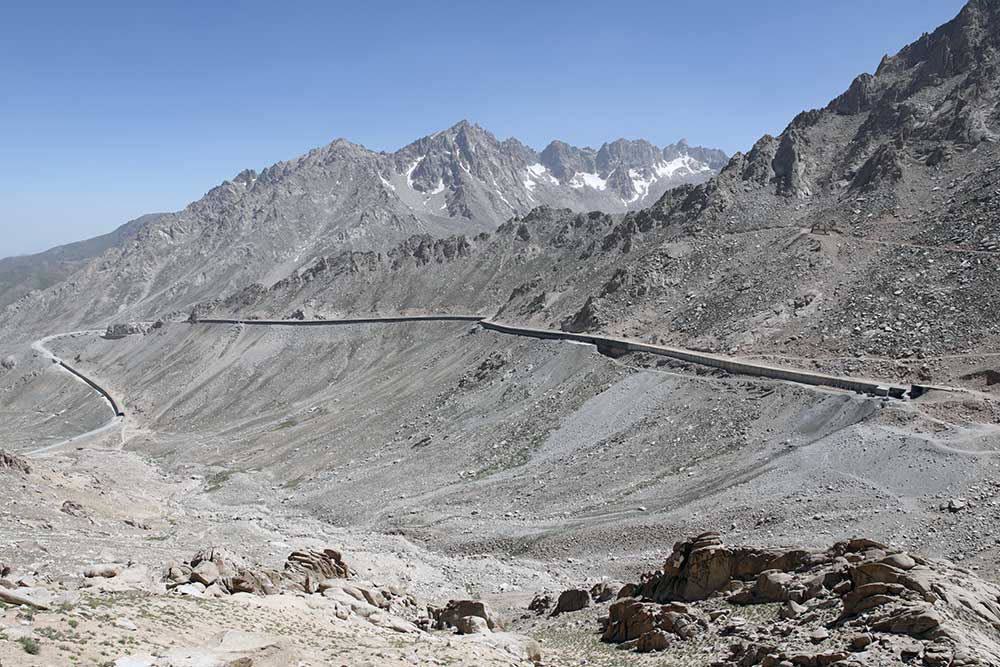
A view of the Salang Corridor at 3,400m above sea level.
Afghanistan had always fascinated Dr Ahmed because of its long history and rich heritage.
“When the opportunity came to work there, I immediately grabbed it and boarded the first available flight to Kabul,” he recalled. “In those days only United Nations flights operated from Islamabad, commercial flights were not yet operational. I have had many interesting experiences there.”
He secured several large and crucial projects there. The first of these was the Taloqan-Faizabad Road Rehabilitation Project, which took him to Faizabad at the north-eastern corner of the country. “Then we implemented several large road and power projects, all of which had positive outcomes for the clients and the funding agencies. These include Andkhoy-Qaisar Road Project, Ten Towns Power Distribution Project, Afghanistan-Tajikistan Power Inter-connection Project and Energy Sector Development Investment Program (ESDIP),” he added.
Currently, the Salang Corridor Project is an ongoing project in Afghanistan for rehabilitation of the Salang Tunnel. This 2.7km Salang Tunnel was constructed in 1964. At 3,400 m above sea level, this was the highest tunnel in the world. After almost 50 years of use, works are being undertaken for rehabilitation and upgrading with funding from Asian Development Bank. SMEC is conducting the feasibility study and detailed design for this project.
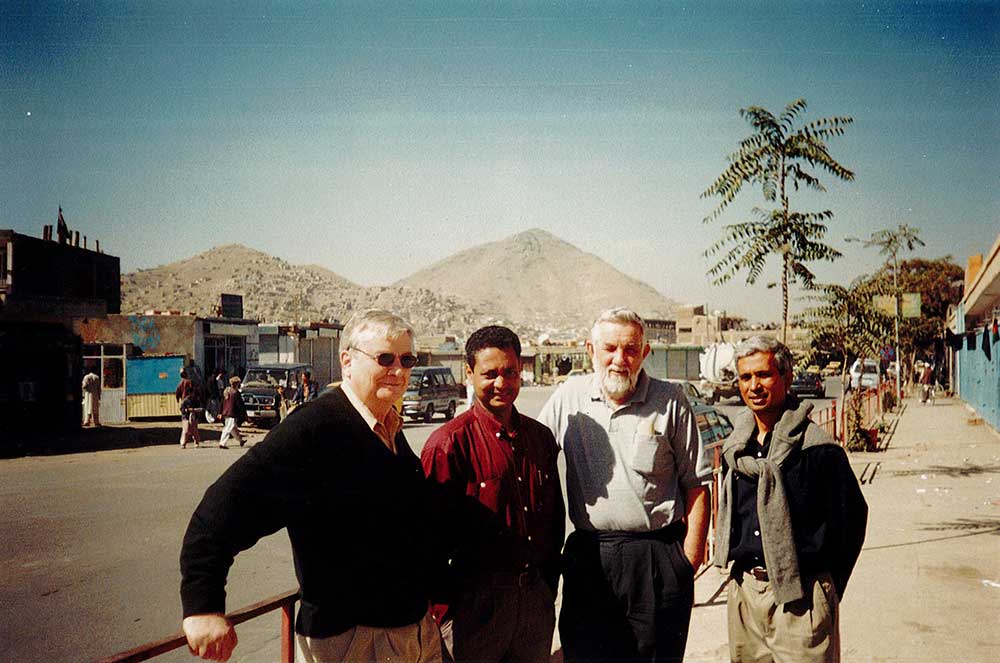
Dr Ahmed working in Afghanistan
According to SMEC, improving the capacity, safety and reliability of the Salang Corridor is essential to the security of Afghanistan, as the Salang Corridor is the main route connecting Kabul with its main points of supply in the north of the country and central Asia. Safe, reliable road travel through the corridor is essential to industrial development and economic growth that will improve conditions for communities in Afghanistan.
Dr Ahmed has extensive experience in the engineering consultancy industry, serving in different roles in SMEC, including Executive Director, Regional Manager and Operations Director. SMEC is currently implementing more than 20 projects in Bangladesh and contributes to the sustainable development of the country’s infrastructure. He holds a Bachelor’s degree and a Master’s degree in Civil Engineering and a Ph.D. in Collaborative Initiatives for Sustainable Development.
Improving engineering education
Dr. Ahmed’s knowledge and experience in the industry sets him in a perfect position where he can guide academia and the engineering community to achieve the required improvements, and foster collaboration between academia and industry.
As a member of the Industrial Advisory Panel, Dr. Ahmed will be able to offer practical suggestions and insights which will improve the teaching and research quality of the programmes offered by the Department of Civil Engineering at UAP.
The UAP was established in 1996 as a private university, with a vision to enhance the opportunities for higher education in Bangladesh. The university provides high-quality education at a tertiary level relevant to national and industry requirements.
At present, UAP offers undergraduate programmes in nine disciplines and graduate programmes in eight. The Industrial Advisory Panel of UAP will facilitate continuous quality improvement of the academic programmes offered by its Civil Engineering Department and enhance the profile and calibre of its graduates.
This collaboration between UAP and SMEC will usher in a new era in enhancing the engineering education standards in Bangladesh.


